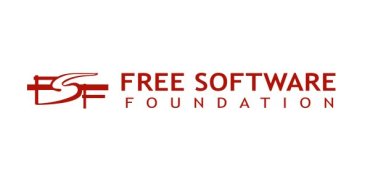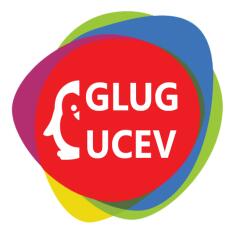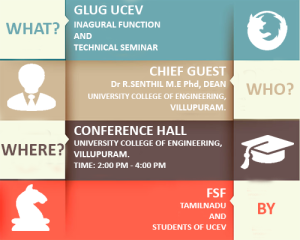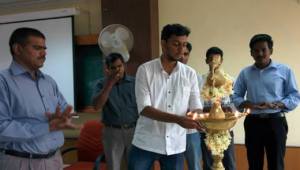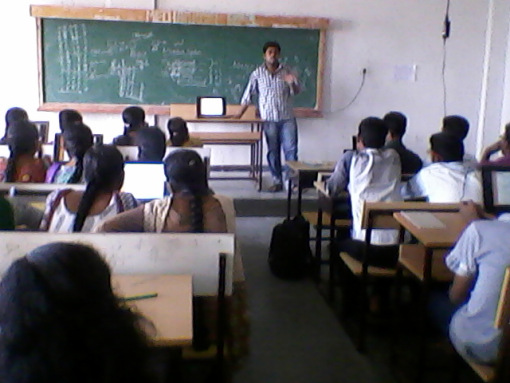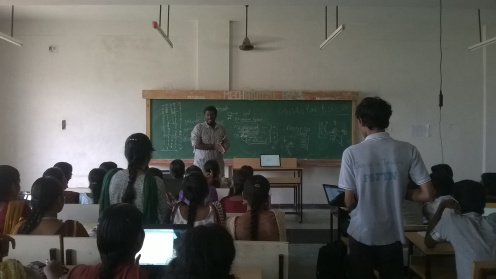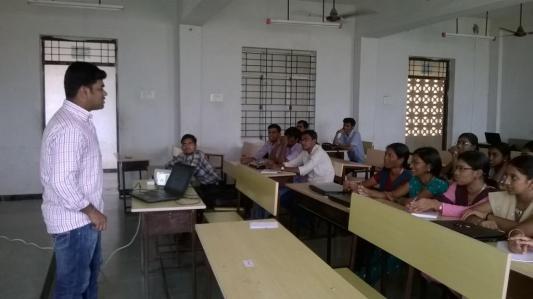FREE SOFTWARE
Free software is by no means a new term. The phrase was coined by Richard Stallman in the 1980s when he started the GNU Project (to create a free operating system) and founded the Free software Foundation (to advocate on behalf of free software). The phrase refers to software that users can safely run, adapt, and redistribute without legal restraint. The Free Software Foundation(FSF) provides these “four essential freedoms” that software must respect in order to be considered free:
- The freedom to run the program, for any purpose (freedom 0).
- The freedom to study how the program works, and change it so it does your computing as you wish (freedom 1).
- The freedom to redistribute copies so you can help your neighbor (freedom 2).
- The freedom to distribute copies of your modified versions to others (freedom 3).
The foundation created the GNU General Public License, commonly referred to as the GPL, as a copyleft license that developers can distribute their software under to qualify it as free and ensure that it stays that way.
As Stallman describes it “this is a matter of freedom, not price, so think of ‘free speech’.
OPEN SOURCE
Open source software is software with source code that is publicly available under a license that gives users the right to study, change, and distribute the software as they wish. The term was coined in 1998 when a group of individuals pushed for title that was less ambiguous than free software. They changed the emphasis from freedom to security, cost savings, transparency, and other pragmatic benefits. The term is more palatable for the corporate world, even though it refers largely to the same software. While the GPL isn’t the only supported license, it remains one of the most prominent. Like free software, open source software can be distributed for free, but it doesn’t have to be.
Difference Between Free software & Open Source Software
Free software and open source software (collectively referred to as FOSS) are two of the most popular concepts in the programming community. The free software movement has been around for some time now and open source has become a popular methodology in today’s world. Calling free software a movement and OSS a concept was deliberate; we will get to the motive behind the wordplay eventually while establishing a concrete understanding of the two words.
To start decoding the ambiguity surrounding the two terms, we have to go back to how open source was derived from free software. Free software does not stand for software or codes that are free of cost, although most softwares produced under the free software license are free. This ambiguity was the primary reason for the establishment of OSS. But the OSS became a concept quite different from its parent by developing its own sets of values, philosophy and methodology.
To make it easier lets go for a head on comparison. Free software movement was aimed at advocating the availability of free source codes and removal of copyrights. Also, whatever codes are derived from a free software license should also be released as free software. This posed a major problem in the commercialization of products. OSS which was initially introduced to remove the confusion caused by the ”free” term took up the cause of removing the restrictions placed on commercialization. Codes under open source license can be used and modified, like free software, but the modified by-products do not have to be under the open source license. This helped in the commercialization of products produced using open source software. But since that was against what free software stood for, it separated the two into two different concepts. Thus free software was a movement that emphasized on the moral aspect of the availability of free codes and promoted intellectual freedom. But OSS was a practical solution to allow the business use of free codes. So, in a way, open source codes can be used for free software but the reverse causes a conflict.
Except for these differences, both concepts are similar. Both allows you the freedom to view the source codes to read, copy and edit the codes and modify them to produce a different end products. Both advocates the availability of free source codes for all. But open source removes the restriction placed on the source code by a free software license. Commercialization is the motive behind it all.
The question as to what to use and when depends entirely upon the creator. But, as we pointed out, open source softwares allow you to commercialize your products.
So open or free, both are a developer’s paradise giving them full freedom to view the source code and add/customize as desired.

